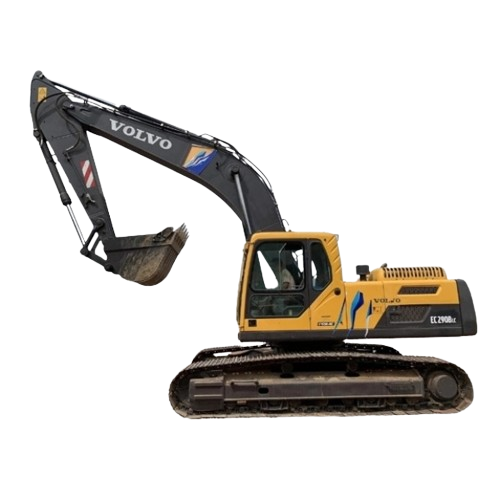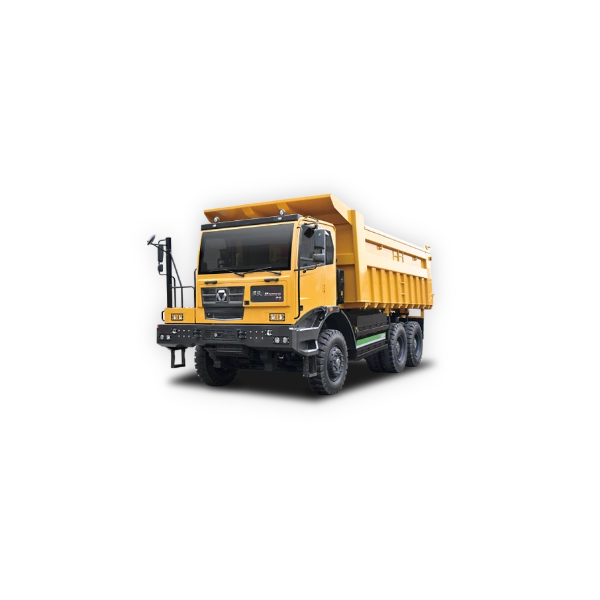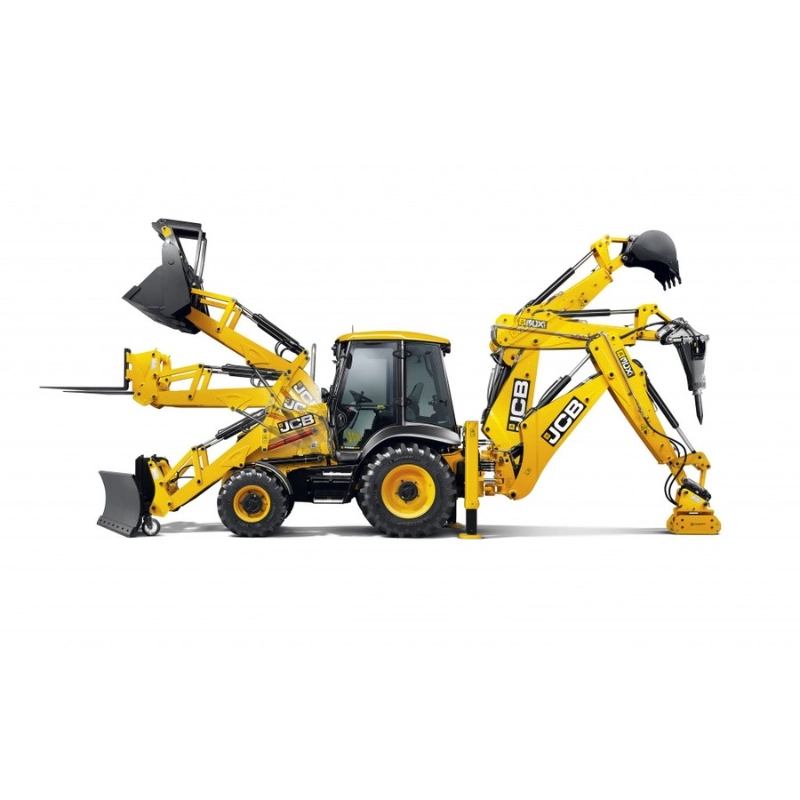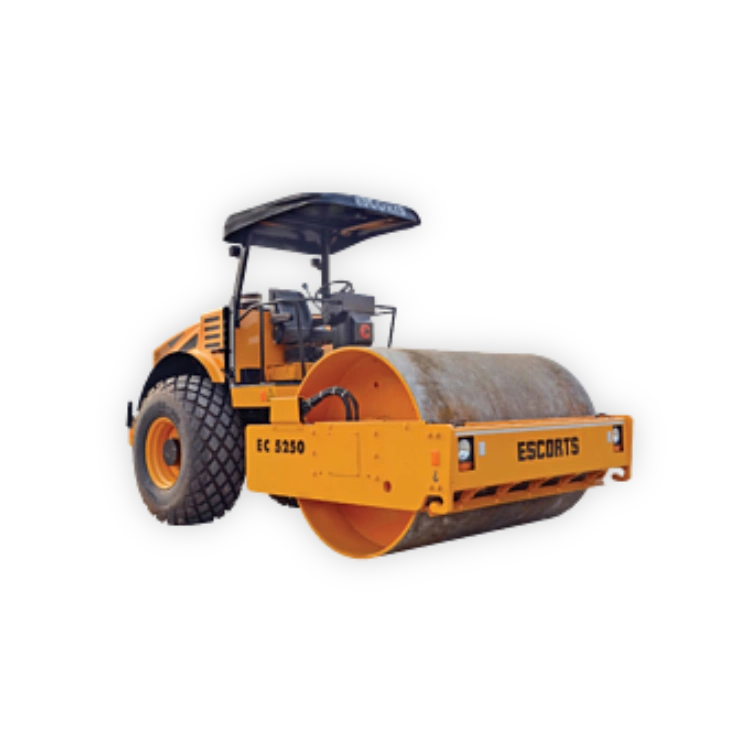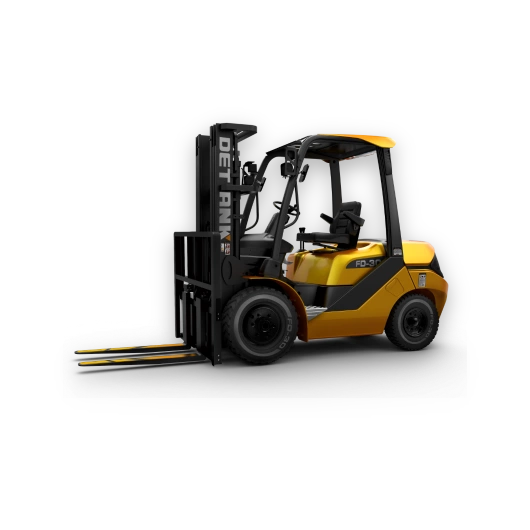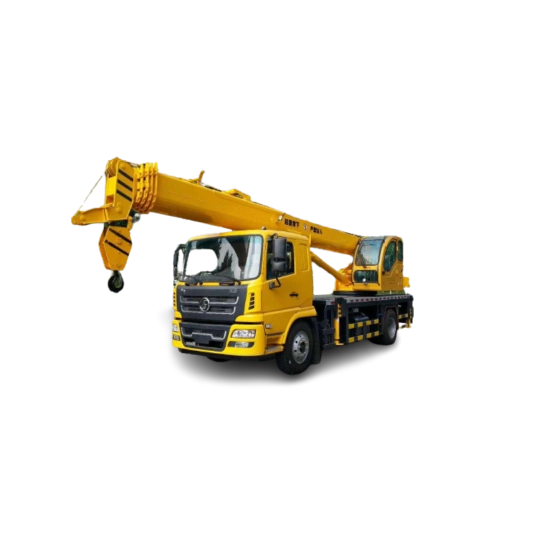After purchasing a used excavator, regular maintenance is the key to ensure its long-term normal operation and reduce the occurrence of failures. The following is a maintenance guide for used excavators to help you improve the life and performance of your equipment:
1. Daily Inspections
Check Fluid Levels: Inspect engine oil, hydraulic oil, coolant, and transmission oil levels daily. If fluids are low, top them up immediately to prevent serious damage due to lack of oil.
Clean the Machine: Regularly clean the exterior of the second hand excavators equipment and around the engine, especially around the radiator and engine cover, to ensure the cooling system remains unobstructed and to prevent overheating.
Inspect the Fuel System: Check the fuel filter for blockages to ensure smooth fuel flow.
2. Hydraulic System Maintenance
Change Hydraulic Oil: The hydraulic system is one of the most critical components. Change the hydraulic oil regularly (typically every 2000 hours or as recommended in the manual). Not changing the hydraulic oil for a long time can cause wear on the hydraulic pump and valves, affecting performance.
Check Hydraulic Hoses: Regularly inspect hydraulic hoses for leaks, corrosion, or damage, particularly at connection points. Replace or repair hoses as needed.
Clean Hydraulic Filter: Check and clean or replace the hydraulic oil filter regularly. Contaminants in the hydraulic system can reduce performance and cause damage.
3. Engine Maintenance
Change Engine Oil and Filter: Regularly change the engine oil (typically every 250-500 hours) and replace the oil filter. Using quality oil helps reduce internal engine wear.
Inspect the Air Filter: Keep the air filter clean to prevent dust from entering the engine. Regularly inspect and clean or replace the air filter, especially in dusty working environments.
Maintain the Cooling System: Check the radiator and coolant levels. Ensure there are no leaks in the cooling system and that coolant levels are within the proper range. If there are issues with the water pump or radiator, repair or replace them promptly.
4. Track and Undercarriage Maintenance
Check Track Tension: Regularly check the tension of the tracks. If the tracks are too tight, they will wear out faster. If they are too loose, it will affect the stability of the machine. Adjust the tension as needed based on usage.
Inspect Track Wear: Check the tracks of second-hand diggers for significant wear or damage, especially the chain and track pads. Replace them if there is excessive wear.
Clean the Tracks: Keep the tracks clean, especially in muddy or dusty environments, to prevent dirt buildup that can affect normal operation.
5. Electrical System Maintenance
Check the Battery: Regularly inspect the battery for charge levels and electrolyte levels. If the battery charge is low or the electrolyte is insufficient, top it up or replace the battery.
Inspect Wires and Connections: Check electrical cables and connections for corrosion or looseness. If damaged, repair or replace the wiring as necessary.
6. Hydraulic Cylinders and Joints Inspection
Inspect Hydraulic Cylinder Seals: If the seals on the hydraulic cylinders are old or damaged, they can cause oil leaks and affect performance. Regularly inspect the seals and replace them as needed.
Check Joints and Pins: Inspect the pins and joints on the bucket, arm, and other components for excessive wear, looseness, or cracks. If issues are found, repair or replace the parts.
7. Undercarriage Lubrication
Lubricate the Undercarriage: Regularly check and maintain lubrication in the undercarriage, especially for parts like the swivel bearing, swing platform, and other moving components. If lubrication is inadequate, apply more oil or grease as necessary.
Inspect Hub and Bearings: Periodically check the hubs and bearings for wear and tear. Ensure proper functioning to avoid excessive wear or damage to the undercarriage.
8. Regular Comprehensive Inspections
Every 500-1000 hours, schedule a comprehensive inspection to ensure all components and systems are in optimal working condition.
Have a professional technician inspect the used excavator machine periodically to identify potential issues early and prevent major failures.





